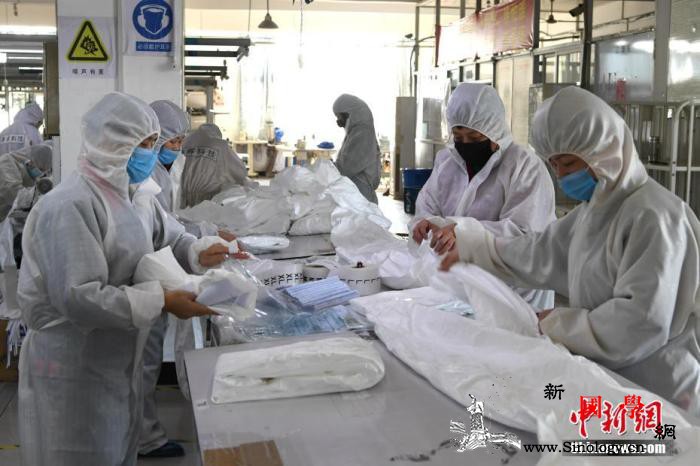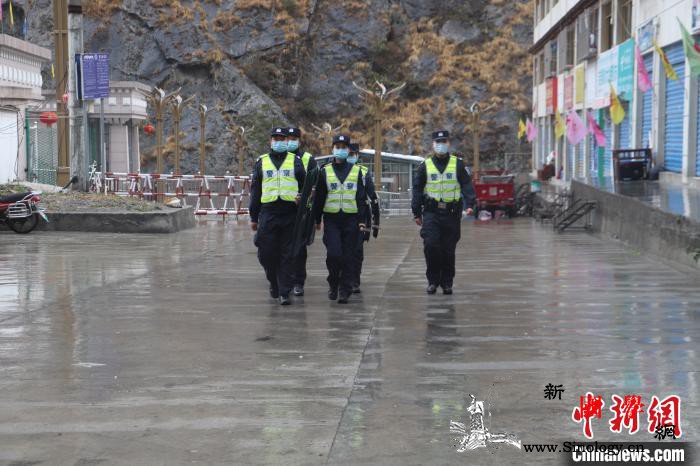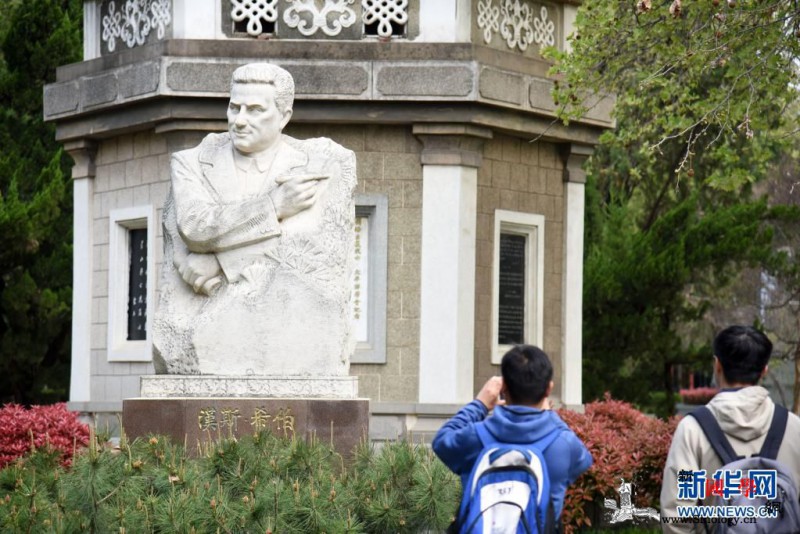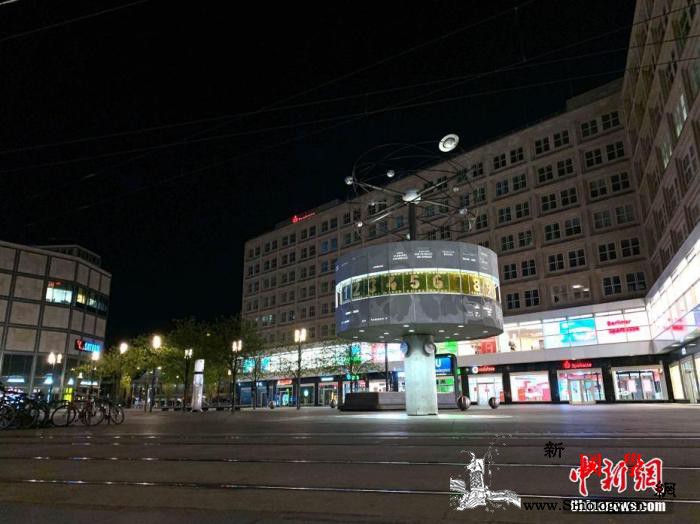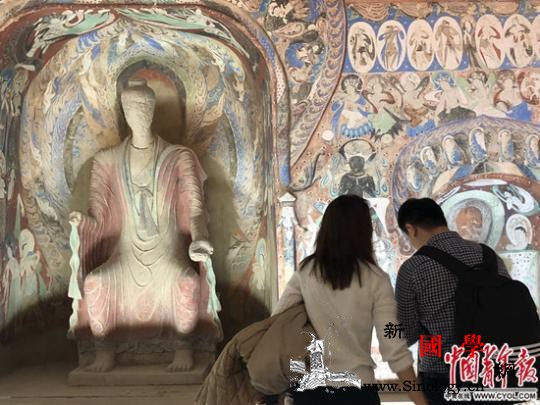原题:"足不出户 云游中国"畅音阁 :《将相和》剧情梗概(中英对照)
核心词:和氏璧,秦国,秦王,蔺相如,赵国,廉颇,公元前,将军,宝物,首相
《将相和》
故事来源:西汉(公元前206年─-公元25年)史书《史记》时间:战国时期(公元前475年─-公元前221年)地点:秦国(今中国的陕西省)赵国(今中国的河北省)
主要人物:廉颇(赵国将军)蔺相如(赵国首相)
那时的中国,七个诸侯国在以武力争夺霸主地位。其中,秦国强盛,赵国弱小。秦王听说赵国有一件无价之宝“和氏璧”,很想占为己有,便派人到赵国说,愿以十五座城相交换。赵王素知秦王狡诈蛮横,担心“和氏璧”有去无还。出身低微的谋士蔺相如,为了国家的尊严,携“和氏璧”出使秦国。秦王一见“和氏璧”洁白晶莹,眉开眼笑,爱不释手,却绝口不提十五座城。蔺相如假装要为秦王指出宝物上的微瑕,把“和氏璧”夺回手中,严辞表示秦国不讲信用,他愿撞碎宝物,以死相拼。秦王理屈,无奈放他回国,“和氏璧”被完好无损地带回赵国。(中国的成语“完璧归赵”一词即出于此。)
赵王非常赏识蔺相如的才华,封他为首相。蔺相如年纪轻轻却身居高位,令功勋累累的老将军廉颇心中十分不快,几次带人在街道阻挡蔺相如出行,当众羞辱以泄私忿。蔺相如多次退让躲避,不与计较。廉颇以为蔺相如心虚害怕,非常得意,以后更加骄狂。蔺相如考虑再三,托友人劝说廉颇,请求他以大局为重,因为如狼似虎的秦国随时随刻威胁着赵国,将相不和会给国家的安定带来极大的不利。廉颇闻言既感动又惭愧,他为自己的行为陷入深深的自责。一天他赤裸上身,背着荆条,来到蔺相如门前,请求责罚。(中国的成语“负荆请罪”一词即出于此。)蔺相如见状一把抱住老将军,声泪俱下,感谢他一片诚心。廉颇也坦言相告,愿从此结为生死之交,共保赵国。

英文版
The General and Prime Minister Reconcile Their Differences
Origin:
Western Han Dynasty (206 BC – 25 AD) historical compilation, The Historical Records
Time:
Warring States Period (475-221 BC)
Place:
The State of Qin (present day Shaanxi Province)
The State of Zhao (present day Hebei Province)
Main characters:
Lian Po (General of the State of Zhao)
Lin Xiangru (Prime Minister of the State of Zhao)
This story is set during China's Warring States Period (475-221 BC), a time when seven states are pitting their military might in a protracted contest for political hegemony. Of these states, Qin is the strongest, while Zhao is relatively small and weak. The King of the State of Qin learns that the State of Zhao possesses a priceless piece of jade known as the "He Family Tablet," and becomes determined to acquire it. He sends a messenger to Zhao, saying that he is willing to offer fifteen of his cities in exchange for this treasure. The King of Zhao, well aware of the King of Qin's reputation for craftiness, fears that he will renege on the bargain once the tablet is in his possession. He dispatches Lin Xiangru, a counselor of humble background, to take the treasure to Qin and uphold the dignity of Zhao.
The King of Qin is ecstatic when he lays eyes on the snow-white, glittering jade tablet. He clasps it possessively to his breast, but refuses to broach the subject of the fifteen cities he has promised in exchange. Lin Xiangru manages to retrieve the treasure from the King's grasp by pointing out a pretended flaw in the jade. once he has the tablet in his hands, he sternly proclaims that the King of Qin's word is meaningless, and that he, Lin Xiangru, will smash the treasure and defy the King, even if it means his own death. Unable to justify himself, the King has no choice but to allow Lin Xiangru to depart, and the "He Family Tablet" is returned to the State of Zhao intact and unharmed. (This is the story behind the old Chinese saying "The tablet returns unharmed to Zhao" – to return something of value to its owner undamaged.)
After Lin Xiangru's return, the King of Zhao appoints him Prime Minister in recognition of his talents. General Lian Po, an old veteran of longstanding experience, is very displeased to see this young upstart elevated to such high position. He repeatedly accosts the new Prime Minister in the streets, obstructing his passage and subjecting him to public insult. Each time, Lin Xiangru steps aside and declines to engage in dispute. Lian Po becomes increasingly self-satisfied and arrogant when he sees Lin Xiangru acting in what he considers to be a weak and spineless manner. After deep reflection, Lin Xiangru sends a friend with a message to Lian Po. He begs the General to put the larger picture above personal considerations. He reminds him that the State of Qin, a ravening wolf at their borders, is poised to attack, and dissension between General and Prime Minister will deeply imperil the national security of Zhao.
Moved by this rational appeal, Lian Po is deeply ashamed of his behavior, and falls into a pit of self-reproach. One day he appears at Lin Xiangru's door, naked from the waist up and bearing thorny branches on his back, begging to be punished. (This is the origin of the Chinese saying "Bearing thorns to seek punishment" – to offer a humble apology.) Lin Xiangru embraces the old general, tears running down his face, and emotionally thanks him for his sincerity. Equally moved, Lian Po vows that from this moment on, General and Prime Minister will support each other to the death in the defense of their country, the State of Zhao.
作者:梁燕 译者:雨敬然
责任编辑:王暄


